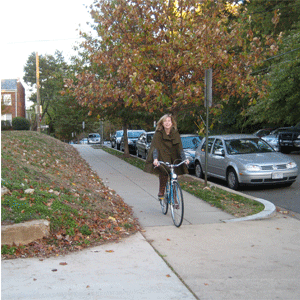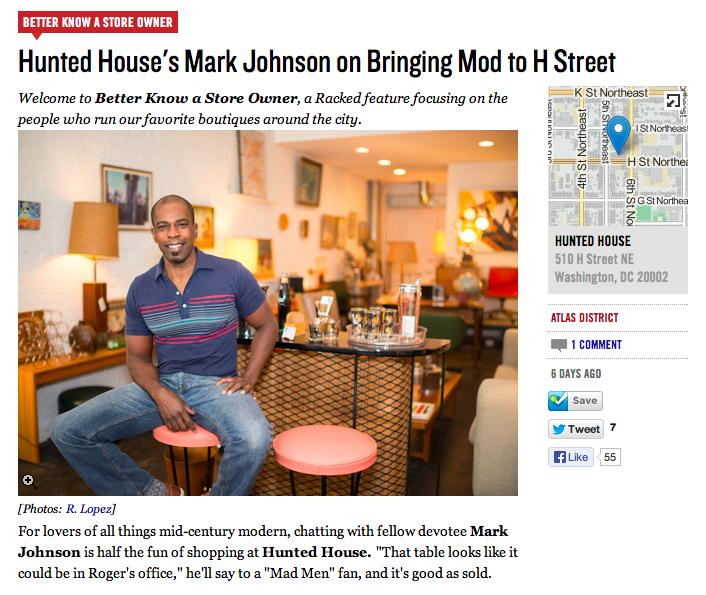Hello! My name is Adele. No, not that Adele. I live in Washington, D.C. and can't really sing. What I really like to do is write. Hence this blog, Gosh Gee Golly, where niceness abounds, the music is awesome, and I share the various foibles of my day-to-day life.
A little more about me: I've lived in the Washington area for most of my life, moving from the VA suburbs to the city in 2007.
I'm thrilled to have written for some of my favorite websites and publications, including Racked, Eater, Scoutmob, Refinery29, BizBash, and the Washington Post (check it out below).
My Clips
Here you'll find a rotating selection of my writing from elsewhere on the Internet — just click each image to read more!











